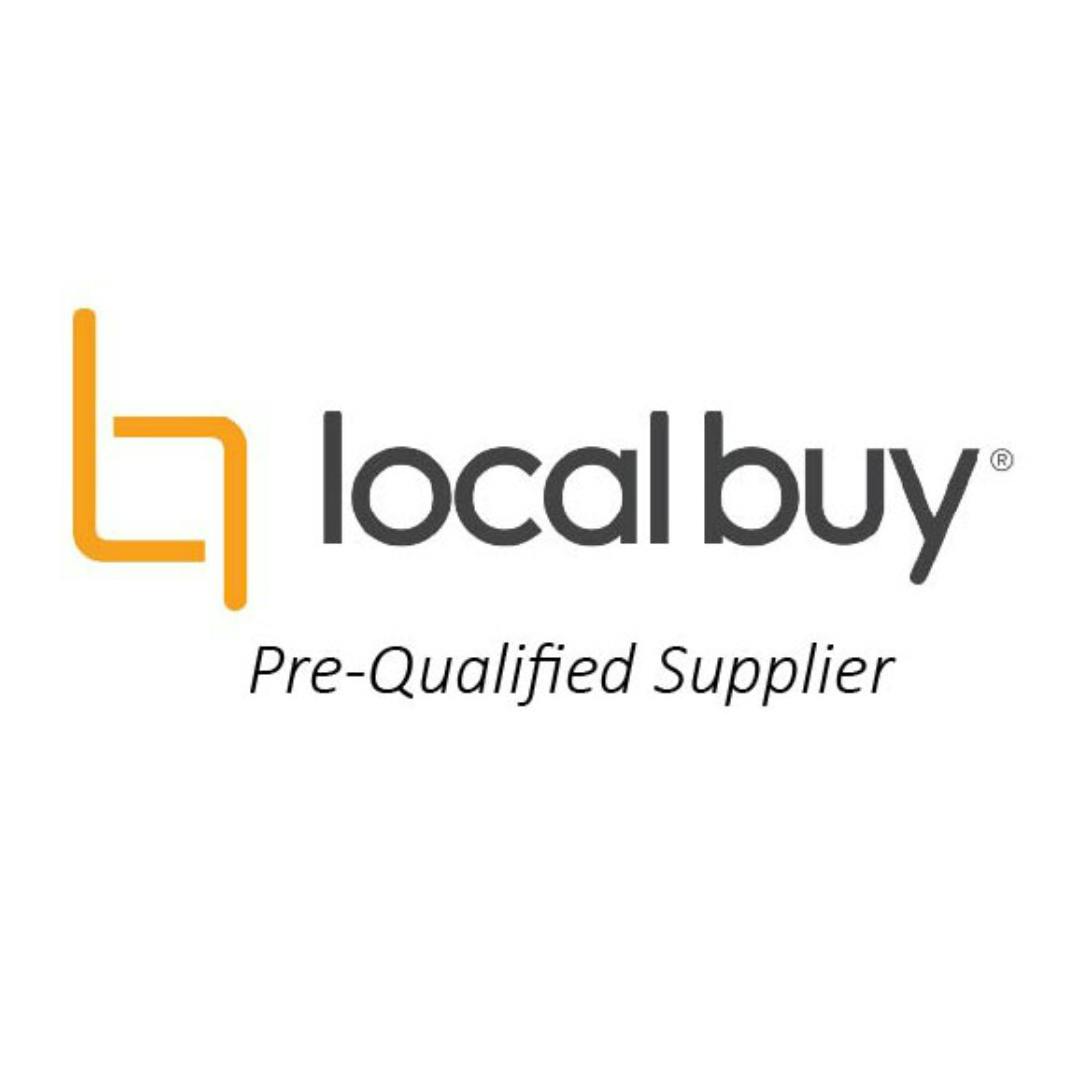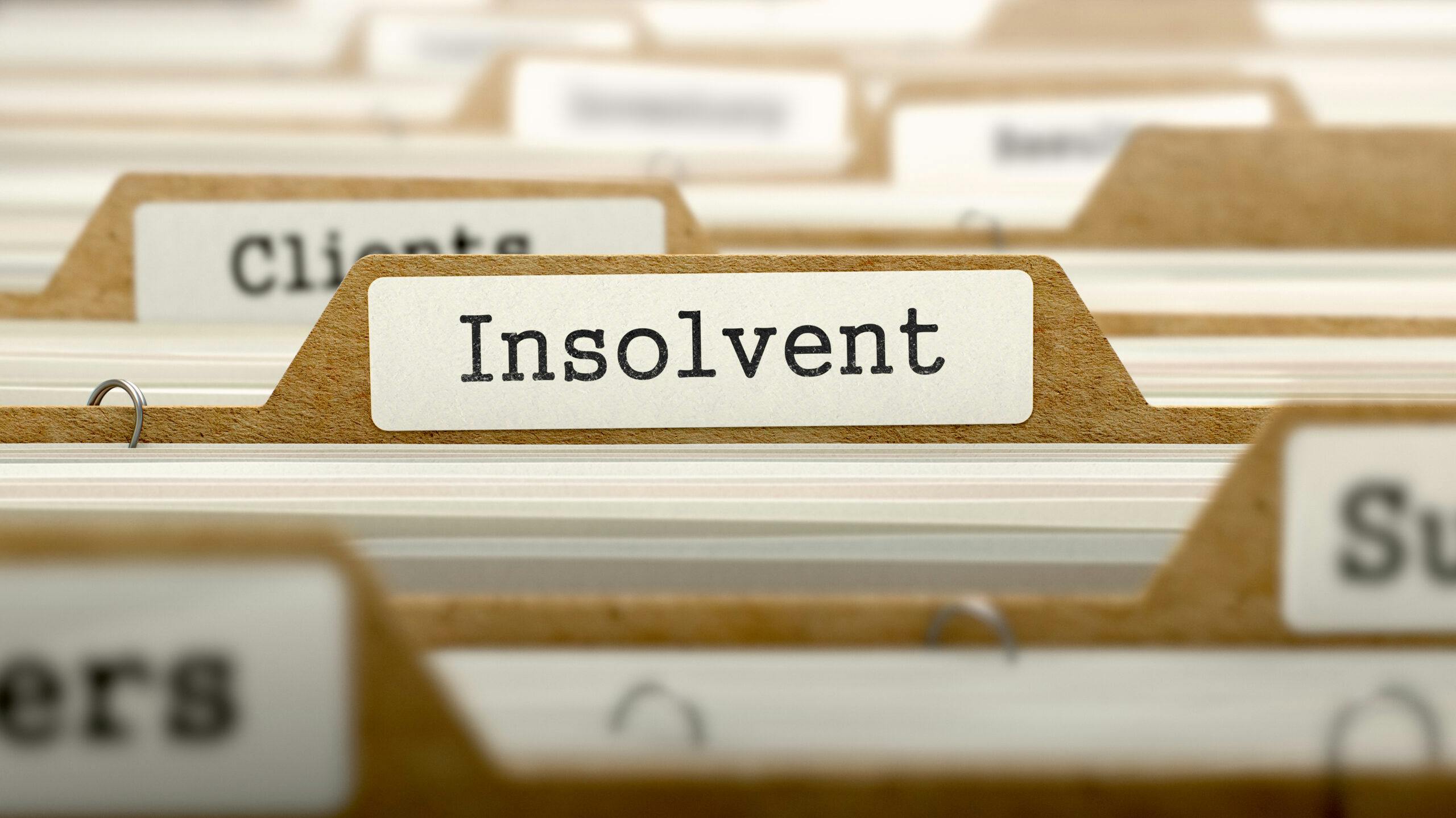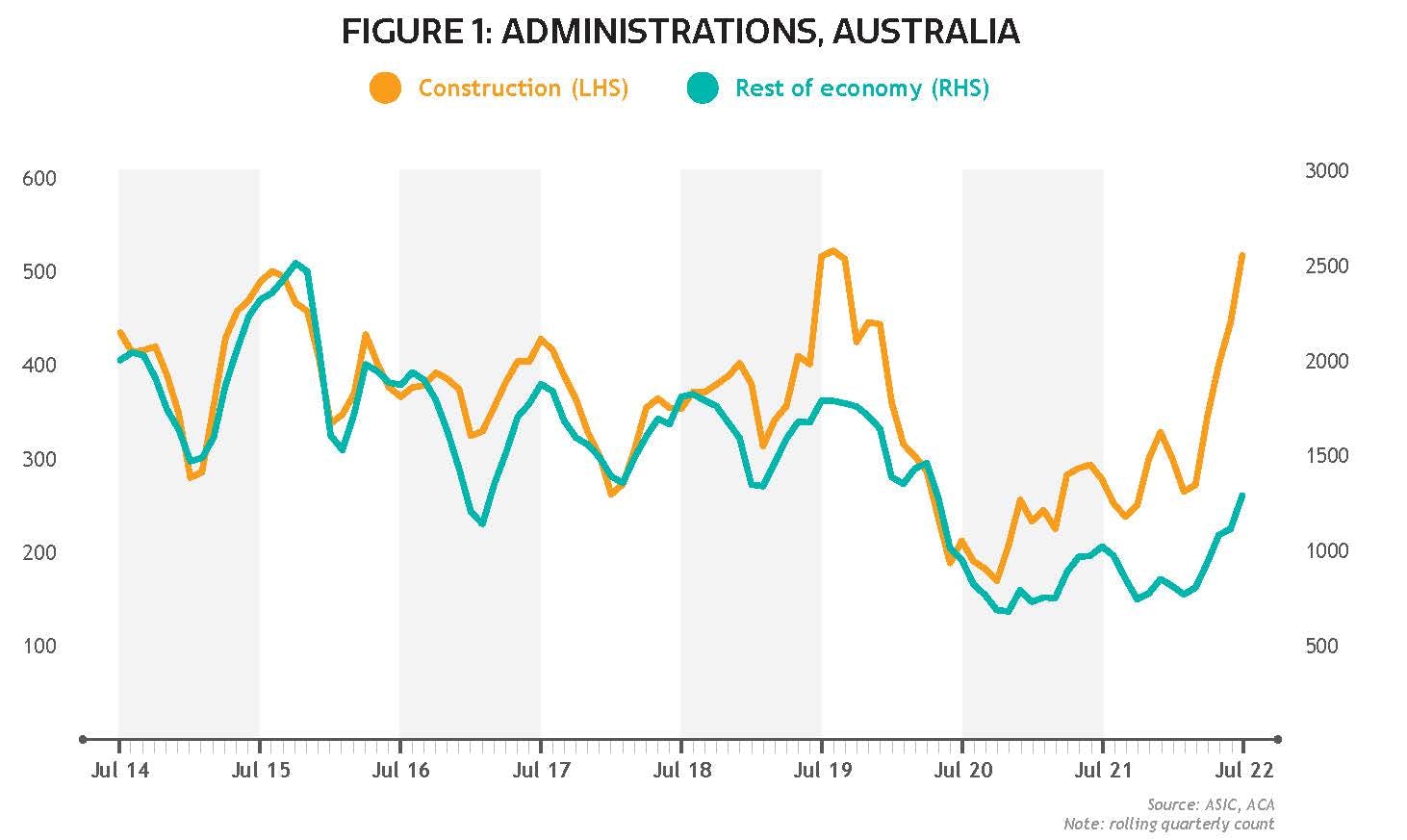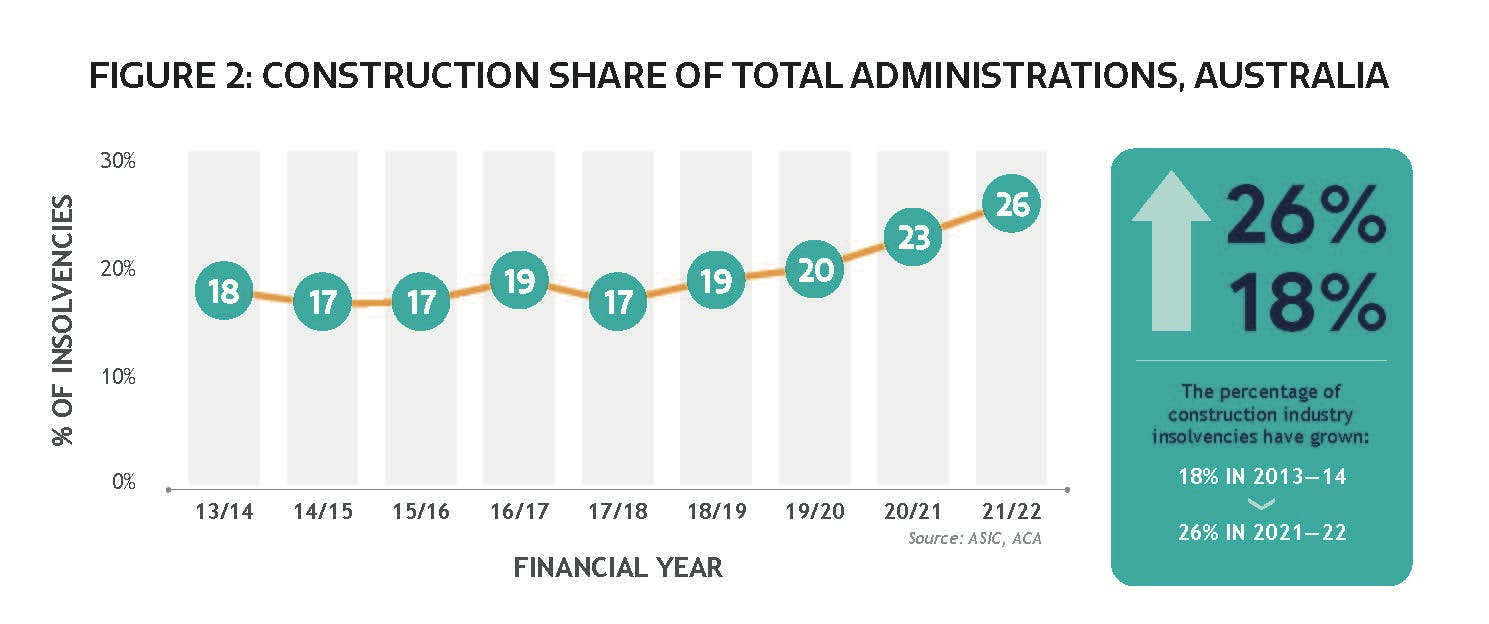“Controlling the controllables” should be the main focus of contractors.
When I am struggling to focus on tasks, my “go-to aid’’ is to sit and write down things I can control. Invariably, as a result of this process, I end up identifying things that I cannot control. It is always occupying my thinking.
I then proceed to unload these very unhelpful intruders from my thinking and wham, away I go. This time focused on important things I have control of.
“Controlling the controllables” is one of my favourite sporting quotes, but a quick google search will reveal hundreds of business references.
I turn to my previous article Platitudes and clichés will not solve construction industry issues. I did not pull any punches about how damaging it is for all of us who care about the construction industry, to let platitudes or clichés remain unchallenged. Leaving these unchallenged, with no demonstrated justification for such views or solutions outlined, can be really damaging to the industry.
A quick google search of “Controlling the controllables” will reveal hundreds of articles and papers on why and how this brain exercise works. I, therefore, do not consider it to be a futile platitude or cliché. Plus, I know it works!
I return to the most common platitudes and clichés I hear when discussing industry issues. There is one that always gets my attention (more accurately I have a very negative reaction!), and is number one in my previous article:
Governments (Federal, State, and Local) must step in and fix problems with new laws, codes, policies, incentives etc.
What I am about to state should not in any way be interpreted that I am advocating for a total absence by governments from intervening in the free market.
I just want to see targeted, effective, contemporary, ‘future fit for purpose’ regulation of the industry. However, in my view, governments cannot fix all industry problems.
I have had hundreds of conversations with contractors over the years. Unfortunately, ‘the government must do something’ is their initial position to address an industry issue. There is a danger in contractors always reverting to this position. It distracts them from doing things they can do to eradicate or reduce risks associated with an industry issue.
This is a very serious miscalculation by contractors when they put their exclusive hope in governments to resolve industry issues. Any discussion concerning a potential government regulatory intervention in the industry should focus on the following simple questions.
Why should a government do it?
In that regard, I believe it is incumbent on governments considering any marketplace intervention to make a clear case for the justification for doing so.
Then if we can establish such justification, the next question should be:
How will the government achieve its particular objective?
In this context, I think it is appropriate for the track record of governments to be looked at. Look at when they have previously attempted to resolve or improve significant industry issues. Look at insolvency in the construction industry for example.
In other words, how successful have they been in the past in resolving industry issues? To put it in a sporting context, what has their form been like?
Let’s look at insolvency in the construction industry.
The unacceptable high level of insolvency in the construction industry is a serious industry issue. I think it can only be addressed or improved through a combination of appropriate government regulation and contractors effectively ‘controlling the controllables’.
Contractors should be focused on doing this in the sphere of their business operations. They should focus on what they can control to reduce the risk of insolvency. However, of great concern, despite what governments or contractors have been doing, the data indicates that the situation is worsening.
There is an excellent publication by the Australian Contractors Association on this matter. The article titled Credit where credit’s due Improving security of payment and liquidity in the construction industry, states:
“Recent reports of widespread difficulties among contractors have highlighted the pressures faced by construction firms, and the statistics reveal a worrying trend. While the number of companies entering administration have been rising across the economy over the last several months, the trend is particularly pronounced in the construction industry (Figure 1). As a result, construction firms now account for over one quarter of total administrations in Australia, a proportion that is noticeably higher than its 17 per cent share of firms (Figure 2).”
Figure 1
Figure 2
I want to point out an additional factor as stated in the article. The construction industry is seriously over-represented when it comes to insolvency. Another thing that struck me is that:
Notwithstanding numerous regulatory initiatives introduced by the three levels of government in all jurisdictions, coupled with whatever contractors are doing, the Australian-wide industry insolvency position deteriorated to a significant extent over these nine years.
I found this data very depressing.
I am also of the view that there are unintended consequences of contractors pressuring governments to solve many industry issues. This also applies to governments obliging with regulatory initiatives. There are so many proposed or legislated regulatory actions on the go at any one time. The vast majority of contractors cannot absorb everything that is happening.
Before I am hit up with cries that governments consult on all major proposed regulatory initiatives, I agree. They certainly do so. My issue is what I have seen and experienced when it comes to the construction industry. That is, that the old, well-established ways of consulting contractors and others are completely ineffective in 2022.
I base this opinion on the many contractors I talk to. The vast majority have no idea as to the full impact many regulatory initiatives will have on them. This goes for proposed or in effect initiatives.
My plea to contractors is to be more effective in ‘controlling the controllables’ when addressing issues and challenges that arise. This will help to address issues like insolvency in the construction industry. By that I mean they should focus on adhering to industry technical standards and other regulatory requirements. This includes focusing on well-tried and tested business, legal, and contractual responsibilities.
Governments don’t always have effective solutions. Besides, what governments do or don’t do, are largely not things contractors can control.
Watch this space!
Commencing in February 2023, along with my friend Emily Taylor, we will be hosting a new Helix Podcast series.

This podcast series will most definitely be platitude and cliché free! We will develop our podcasts around platitudes and clichés and have people talk about real and achievable solutions. Any guest attempting to leave a talking point with a platitude or cliché will be called out, respectfully!!
We already have some people lined up but if anybody wants to feature in this series, please reach out to our team.
Finally, while the issues we will be talking about are very serious, this podcast series should be seen as an opportunity for industry participants to demonstrate that they are capable of ‘walking the talk’ when grappling with finding meaningful solutions to serious industry issues.
We will be announcing the start of the podcast next year on our Helix Legal LinkedIn, Facebook and Instagram page. Be sure to follow our socials or subscribe.
Not intended as legal advice. Read full disclaimer.




